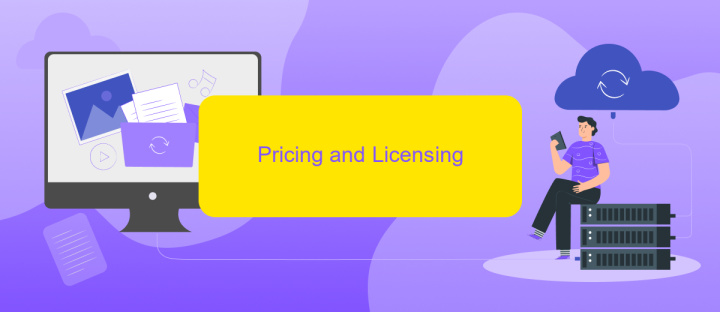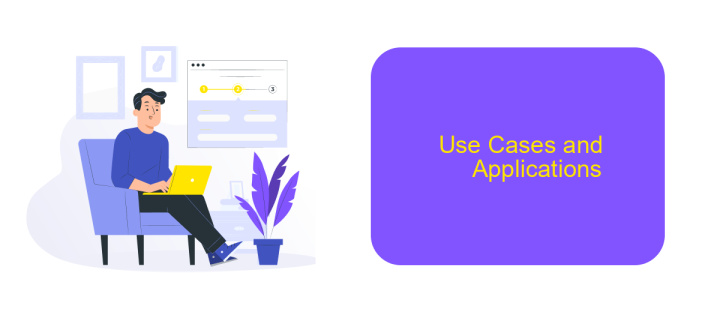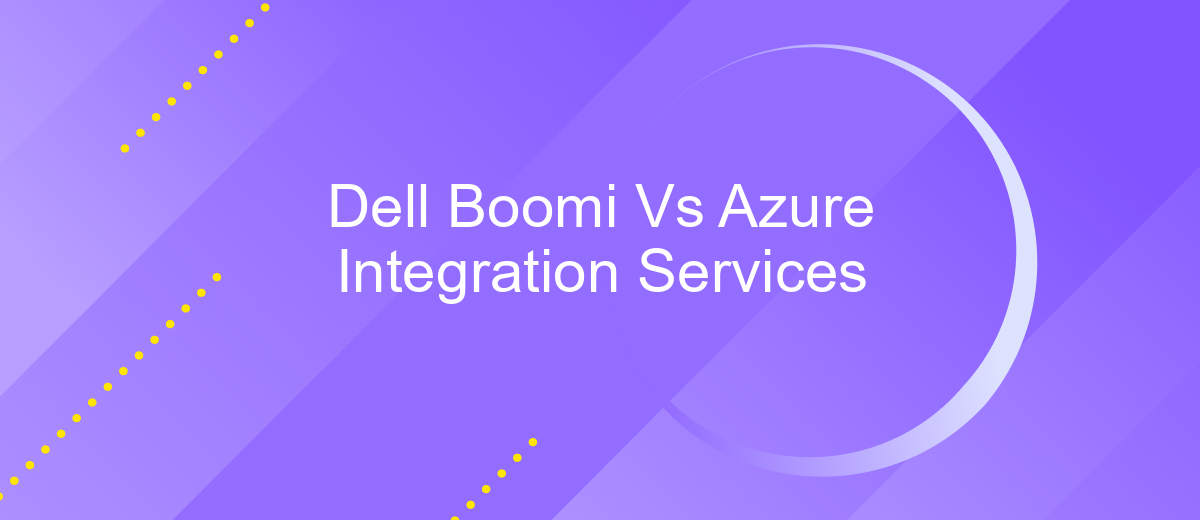Dell Boomi Vs Azure Integration Services
When it comes to seamless cloud integration, businesses often find themselves choosing between Dell Boomi and Azure Integration Services. Both platforms offer robust solutions for connecting applications, data, and processes, but they differ in features, ease of use, and scalability. This article delves into a detailed comparison of Dell Boomi and Azure Integration Services to help you make an informed decision.
Introduction
In today's rapidly evolving digital landscape, businesses require robust integration solutions to streamline operations and enhance productivity. Dell Boomi and Azure Integration Services are two leading platforms that offer comprehensive tools for connecting applications, data, and processes. Understanding the strengths and weaknesses of each platform is crucial for making an informed decision that aligns with your organization's needs.
- Dell Boomi: Known for its user-friendly interface and extensive pre-built connectors.
- Azure Integration Services: Offers deep integration with Microsoft's cloud ecosystem and advanced analytics capabilities.
Both Dell Boomi and Azure Integration Services provide powerful features, but they cater to different business requirements. Additionally, tools like ApiX-Drive can further simplify the integration process by offering a versatile platform for automating data flows between various applications. By evaluating these solutions, businesses can select the integration platform that best supports their digital transformation goals.
Key Features Comparison

Dell Boomi offers a low-code, cloud-native integration platform that simplifies the process of connecting applications, data, and people. Its key features include a visual interface for building integrations, pre-built connectors, and a robust set of tools for managing APIs. Boomi's AtomSphere platform allows for real-time data synchronization and supports a wide range of integration patterns, making it versatile for various business needs. Additionally, Boomi provides extensive monitoring and analytics capabilities to ensure seamless operation and performance of integrations.
Azure Integration Services, on the other hand, is a comprehensive suite of services designed for enterprise-level integration. It includes Azure Logic Apps, Service Bus, Event Grid, and API Management. These tools enable users to automate workflows, manage messaging, and handle event-driven scenarios efficiently. Azure's platform is highly scalable and offers deep integration with other Microsoft services, enhancing its appeal for organizations already using the Azure ecosystem. For businesses looking for a simpler integration solution, services like ApiX-Drive can be considered as they provide user-friendly interfaces and pre-configured connectors to streamline the integration process without extensive technical expertise.
Pricing and Licensing

When comparing Dell Boomi and Azure Integration Services, pricing and licensing are crucial factors to consider. Both platforms offer flexible pricing models but differ in their approach and cost structures.
- Dell Boomi: Dell Boomi offers a subscription-based pricing model that varies based on the number of integrations and features required. The pricing is tiered, allowing businesses to scale as they grow. Users can expect to pay more as they add more connectors and data volume.
- Azure Integration Services: Azure operates on a pay-as-you-go model, with costs determined by the number of messages processed, data volume, and other usage metrics. This model provides flexibility but can become expensive with increased usage.
Both platforms also offer enterprise-level licensing options for larger organizations needing extensive integration capabilities. For businesses seeking a more straightforward, cost-effective solution, services like ApiX-Drive can be useful. ApiX-Drive provides a simpler, more affordable way to automate integrations without the complexity of enterprise-level platforms. Careful consideration of your business needs and budget will help determine the best choice between Dell Boomi, Azure Integration Services, and other solutions like ApiX-Drive.
Use Cases and Applications

Dell Boomi and Azure Integration Services are both powerful tools for integrating various applications and data sources. Dell Boomi is known for its ease of use and rapid deployment, making it ideal for businesses that need to quickly connect multiple systems without extensive coding. Azure Integration Services, on the other hand, offers a robust suite of tools for enterprises that require scalable and secure integration solutions.
Both platforms are versatile and can be applied to a wide range of use cases. Dell Boomi is often used for cloud-to-cloud and cloud-to-on-premises integrations, while Azure Integration Services excels in complex, large-scale enterprise integrations.
- Automating business processes across different applications
- Synchronizing data between CRM, ERP, and other business systems
- Enabling real-time data analytics and reporting
- Facilitating API management and microservices architecture
Additionally, services like ApiX-Drive can further simplify the integration process by providing pre-built connectors and an intuitive interface for setting up integrations. This can be particularly useful for small to medium-sized businesses looking to streamline their operations without investing heavily in IT resources.
Conclusion
In conclusion, both Dell Boomi and Azure Integration Services offer robust solutions for different integration needs. Dell Boomi excels in its user-friendly interface and strong support for a wide range of applications, making it ideal for businesses looking for a quick and efficient integration solution. On the other hand, Azure Integration Services provides a more extensive suite of tools, including Logic Apps, Service Bus, and API Management, which are well-suited for enterprises requiring complex, large-scale integrations.
Ultimately, the choice between Dell Boomi and Azure Integration Services will depend on your specific business requirements and technical capabilities. For those seeking an alternative or complementary solution, ApiX-Drive can also be considered. ApiX-Drive offers an easy-to-use platform for connecting various applications and automating workflows, which can be particularly beneficial for small to medium-sized businesses. By evaluating the unique features and strengths of each service, organizations can make informed decisions to optimize their integration strategies.
FAQ
What are the main differences between Dell Boomi and Azure Integration Services?
Which platform is easier to use for non-technical users?
How do the pricing models of Dell Boomi and Azure Integration Services compare?
Can both platforms handle real-time data integration?
What kind of support and community resources are available for each platform?
Apix-Drive is a universal tool that will quickly streamline any workflow, freeing you from routine and possible financial losses. Try ApiX-Drive in action and see how useful it is for you personally. In the meantime, when you are setting up connections between systems, think about where you are investing your free time, because now you will have much more of it.

